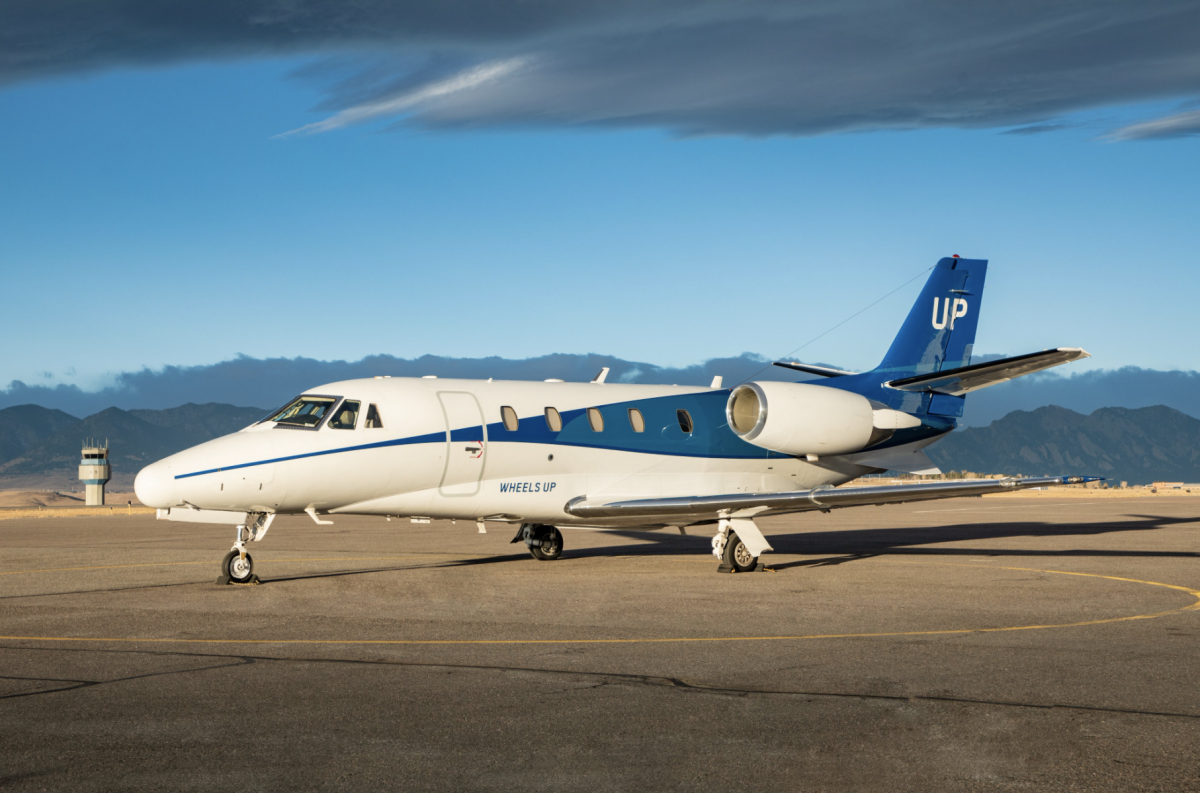
As Wheels Up posted record revenues and another significant loss, executives say program changes made earlier this year are paying off.
The changes, which went into effect June 1, 2022, hiked hourly rates, daily minimums, peak days at lower level tiers, and some call-outs.
The big news was, once again, there was no problem with the top line as quarterly revenue ballooned to $425 million, a 49% increase from 2021.
However, the net loss increased to $92 million.
Powered by $333 million in block sales, Wheels Up ended the quarter with $427 million in unrestricted cash, something new CFO Todd Smith said gives the company “flexibility.”
Among the key updates, President Vinayak Hegde says Wheels Up is still expecting to complete the integration of its operating certificates in 2023.
The Part 135 certificates come from its multiple acquisitions of operators, and until they are combined, Hegde said, inefficiencies, including pilot scheduling, hamstring the company.
Currently, training, scheduling, and even maintenance all need to be done under each certificate’s differing rules and protocols.
“We are working with the FAA to do the consolidation,” Hegde said.
He also told analysts that “better demand forecasting” will help it buy off-fleet charter flights, which it refers to as 3P, more efficiently. 1P is Wheels Up owned/leased fleet, while 2P is aircraft it manages for owners.
Hegde also promised operational improvement. “Now that our supply and operations schedules are on Up FMS, we are working to layer on optimization in machine learning technology to help manage our daily operations in real-time. This will be critical as we respond to last-minute customer travel changes, adverse weather, and anticipated maintenance events in various unforeseen circumstances that happen regularly.”
“Our strong market position and iconic brand helped drive record revenue in the second quarter, and another quarter of growth in prepaid blocks speaks both to the steadfast loyalty of our member base and the continued consumer demand for private aviation,” said Chairman and CEO Kenny Dichter.
The founder also pointed to the New York-based provider’s trajectory. “Today, we are a clear leader in on-demand private aviation with a growing base of more than 12,500 active members, and we are poised to deliver over $1.5 billion of revenue this year, up from around $300 million just four short years ago,” Dichter told analysts.
Todd Smith, the new CFO, says he expects a boost from non-member bookings who charter flights at market rates.
Core members get capped hourly pricing.
| Period | Active Members |
| Q2 2022 | 12,667 |
| Q1 2022 | 12,424 |
| Q4 2021 | 12,040 |
| Q3 2021 | 11,375 |
| Q2 2021 | 10,515 |
| Q1 2021 | 9,896 |
However, Smith said the bottom line was hit by increased expenses from booking members with partner operators, as well as increased sales and marketing, as Wheels Up reinstated events canceled due to Covid.
The company also increased spending on technology during the quarter to $14 million from $8 million.
Sheila Kahyaoglu of Jefferies, who has the company as a Buy, pointed to Wheels Up’s quarterly revenue, which beat estimates.
She also noted the company “raised marginally” its full-year revenue guidance from $1.48-to-$1.53 billion to $1.47-to-$1.52 billion.
“UP has hired 350 pilots since the beginning of 2022, ahead of the plan to hire 200 pilots by Q2, with 100 hired since May. The company has also worked to secure additional flight simulator time to support pilot training,” she added.
After the call, Gary Prestopino of Barrington Research wrote, “We are maintaining our Market Perform investment rating on Wheels Up.
He pointed to Wheels Up’s strong revenue growth. “The most important aspect of the call is that the company believes it will generate positive adjusted EBITDA in 2024,” according to Prestopino.
Morgan Stanley maintains its Sell rating. It said, “Q22 results speak to the continued strength in the travel recovery; however, cost pressures remain, as we reduce our ’22/’23 EBITDA by 12%/15%. Automation initiative in focus as we look for evidence of increased operational efficiencies (fewer dead legs, improved routing).”
There were also concerns about the great economy. “We stay on macro watch, as questions regarding go forward private travel demand remains. While UP’s consumers skew higher income, the product is also largely discretionary.”
Wheels Up reported its earnings after the market closed. Its stock ended the day at $2.55. Its 52-week price has ranged from $1.81 to $9.05 per share.